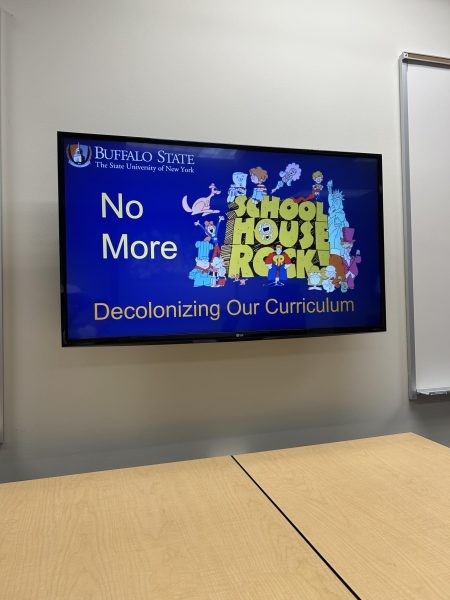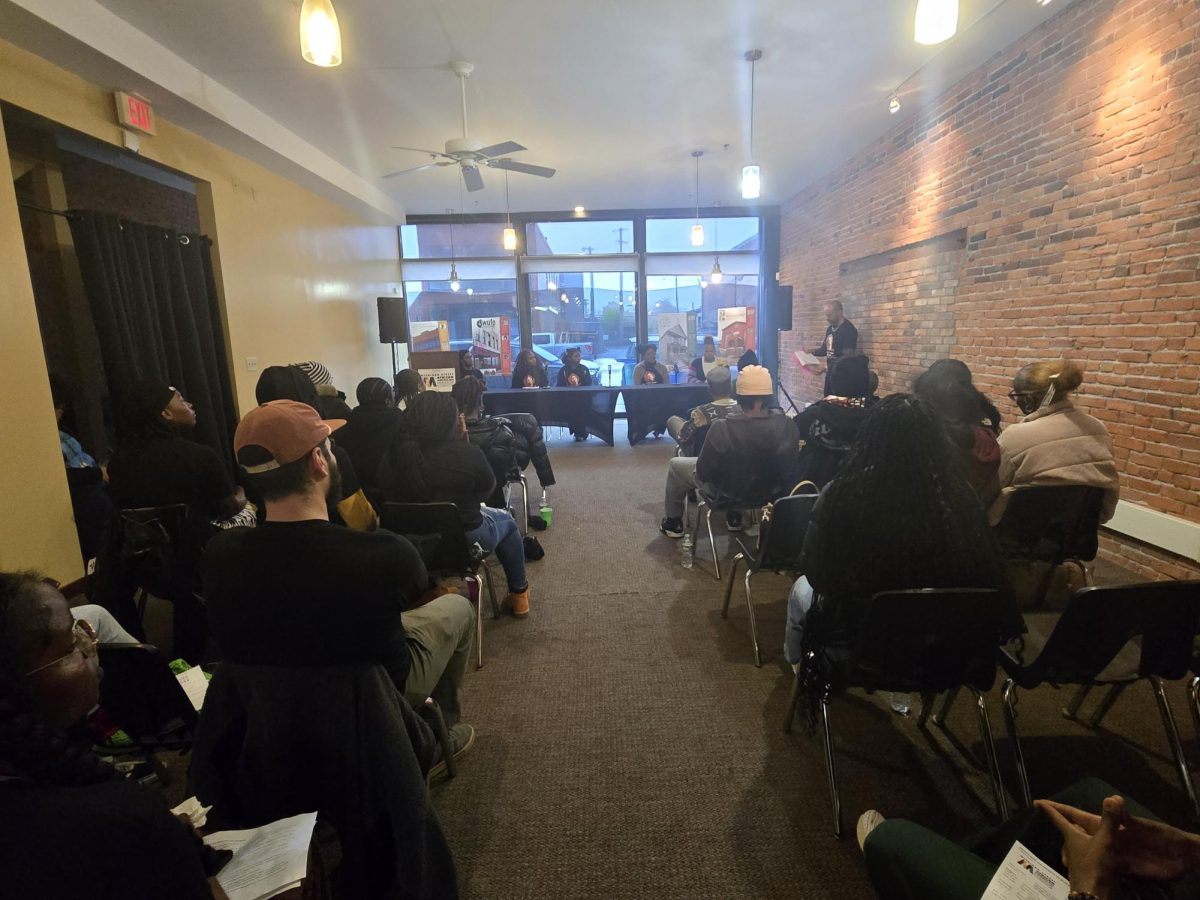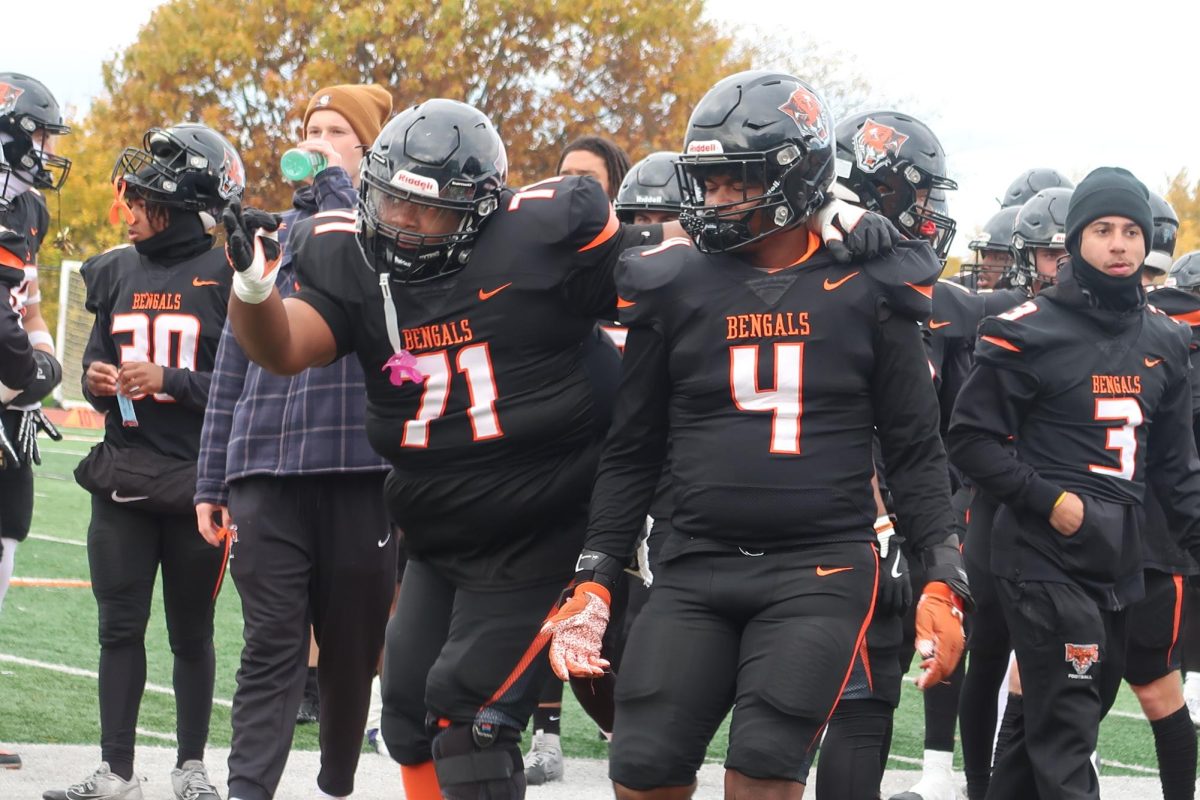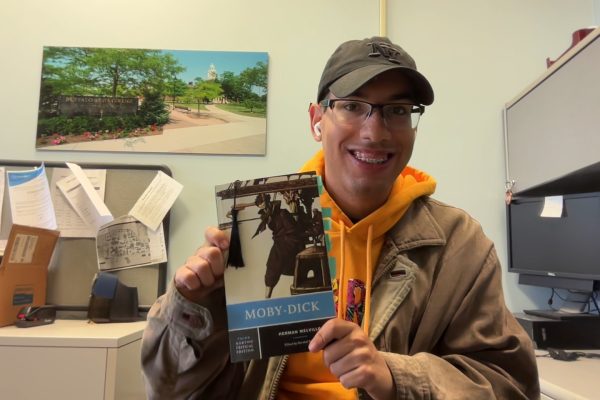
On Oct. 23, Buffalo State faculty held a rather intriguing workshop titled, “No More School House Rock: Decolonizing Our Curriculum.” The workshop covered a wide range of topics with the intention of “decolonizing” the curriculum used to educate students. This idea is in line with greater calls for anti-oppressive instruction.
The workshop was facilitated by: Katie McCabe, an assistant professor of exceptional education; Fox Connelly, the associate director of the Whitworth Ferguson Planetarium; Jennifer Ryan-Bryant, an English professor; and Alexandra Allen, an assistant professor of art and design.
The workshop was built on the premise of providing “some insights into the pedagogical assumptions that have hindered our representations of diverse identities and experiences in the classroom,” functioning as a way for those present to discuss the shortcomings of the education system. In particular, the workshop focused on the dehumanization of minority individuals and the hinderance of including minority voices within the education system. The workshop also infused how the education system makes an active attempt to hide these voices in an attempt to boost the white voices in the related field.
They began this by showing a short from the popular political cartoon series Schoolhouse Rock, specifically the short titled “No More Kings.” The episode recounts the first colonists coming to America, forming the 13 colonies, and eventually gaining their independence from Britain and becoming their own country. The colonists are portrayed as the underdog in the short; someone who is working against the overwhelming power of Britain with nothing but their own ideals. There is a great effort to paint them as sympathetic heroes.
The group discussed that there is a glaring piece of history that was ignored. Not once in the short was it mentioned that the colonists took over Native American land and forced them from their homes. This set the precedent for the rest of the workshop as professors of Buffalo State conversed on how they have faced challenges as educators when it comes to ensuring that diverse voices are properly heard in the classroom, especially in the material being taught.
The overall discussion at the workshop was based around one term in particular, that being “null curriculum.” It can be defined as a teacher, knowingly or unknowingly, omitting information in the subjects that they teach to students. One of the most outspoken was Shasti O’Leary Soudant, a multidisciplinary artist who is also an assistant professor in the Art & Design Department here at Buff State.
“I teach graphic design history, and there are huge massive holes in what is considered the graphic design canon,” Soudant said.
“In what is considered the central text for teaching, called ‘Megg’s History of Graphic Design,’ there are holes you could drive a truck through in terms of the graphic design heritage of women, or especially the heritage of black activists in the 60’s. Just a huge explosion of really important graphic design that is mentioned nowhere in the canon.”
Dr. Ruth Goldman, an associate professor of the Communications Dept. and the Women and Gender Studies interdisciplinary minor shared her struggles in teaching about diverse filmmakers.
“If you look at the history of programming, or if you just look at the history of awards like the Academy Awards, in almost every category it is exclusively white, cis, heterosexual men,” Goldman said. “It is a very exclusive thing. What I continue to see happening again and again is people saying ‘yes those other films (in relation to minority produced films) are good, but they aren’t good enough.’ It’s like saying they weren’t quality films, and because of that, those films don’t get preserved and are eventually lost to time. It’s like losing cultural artifacts because they weren’t deemed worthy of preservation; we have lost so many voices and stories because of this.”
Another term that was used as a way to demonstrate the prejudice ingrained in the curriculum is “intersectionality.” The term, “intersectionality”, was coined by Kimberle Crenshaw. Simply put, it is when a person exists in multiple social spaces, usually those considered marginalized. The individual may undergo multiple forms of discrimination or oppression which increases the magnitude of trauma and oppression that they experience. For example, if an individual was in a minority race and gay, the oppression would be compounded.
The overall discussion of the workshop concluded with the faculty expressing the need that they and future educators must build their classes around a diverse curriculum in order for students to truly feel comfortable knowing they are getting a legitimate education, and not an abridged, limited version of whatever topic is being discussed. As if the diverse voices that have built up different aspects of our curriculums are ignored, then their contributions will forever be lost.







